Regulation
CFTC votes on allowing DLT-based collateral in commodities and derivatives trading
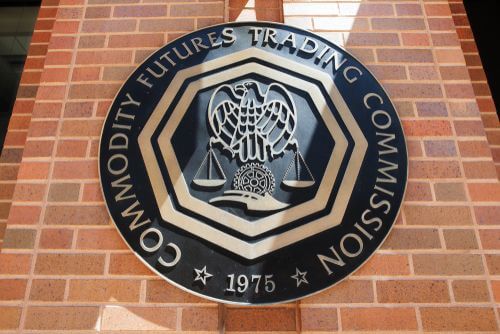

- CFTC’s subcommittee recommends using DLT-based collateral in trading.
- Approval could broaden access to digital assets for smaller market participants.
- Strong ETF inflows signal growing institutional interest in digital assets.
In a significant development for the digital assets market, the US Commodity Futures Trading Commission (CFTC) is reportedly considering a proposal that would enable the use of digital ledger technology (DLT)-based collateral in commodities and derivatives trading.
According to Bloomberg, a subcommittee of the CFTC’s Global Markets Advisory Committee recently voted to recommend this proposal, which, if approved, could streamline transactions and promote broader adoption of digital assets in traditional finance.
A step toward mainstream adoption
If the proposal receives final approval from the main committee, it could lead to a paradigm shift in how trading collateral is managed.
The adoption of DLT-based collateral would allow traders to settle transactions using digital assets with the same speed and efficiency that digital ledger and blockchain technology offers.
This change would enable brokers to accept tokenized assets, such as BlackRock’s USD Institutional Digital Liquidity Fund (BUIDL) token, through market-embedded systems.
While the use of blockchain-based assets as collateral is already gaining traction among major financial institutions like BlackRock and JP Morgan, the CFTC’s potential approval would catalyze broader adoption across the industry.
As it stands, only large firms have been able to utilize these innovative financial instruments, but this move could open the doors for smaller market participants to access similar benefits.
Uncertainty ahead
Despite the positive momentum surrounding the proposal, several steps remain before it can be formally submitted for CFTC approval. The main committee must first review and endorse the subcommittee’s recommendation, and there are no guarantees that the CFTC will approve the proposal in its current form.
Regulatory concerns may arise regarding which institutions and blockchains are permitted to participate, which could introduce potential restrictions that may limit the scope of the initiative.
Furthermore, the broader context of digital assets in traditional finance cannot be ignored. Recent trends, such as strong inflows into spot Bitcoin exchange-traded funds (ETFs), indicate a growing acceptance and interest in digital assets among institutional investors.
For instance, BlackRock’s Bitcoin ETF has recently outperformed its peers, witnessing the highest daily inflow of any fund on September 25, marking a five-day streak of inflows across all spot Bitcoin ETFs in the United States.
This surge in interest may influence the CFTC’s decision-making process as they consider the implications of allowing digital assets as collateral.
As this unfolds, stakeholders will be watching closely as the regulatory landscape continues to evolve, potentially paving the way for a more integrated future for digital assets in commodities and derivatives trading.
Regulation
US SEC Acknowledges Fidelity’s Filing for Solana ETF
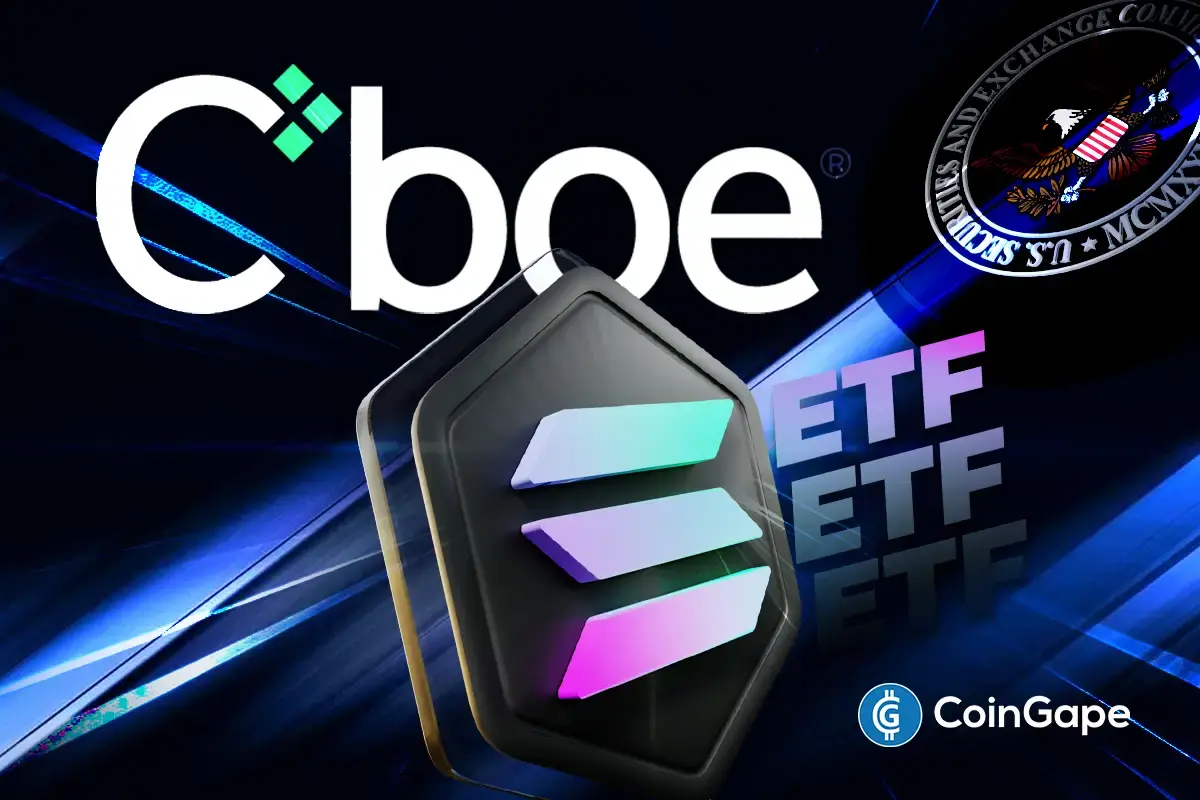
The U.S. Securities and Exchange Commission (SEC) has formally acknowledged the filing for Fidelity’s spot Solana (SOL) Exchange-Traded Fund (ETF).
This marks a key development in the financial industry, as Fidelity seeks to list its Solana ETF on the Cboe BZX Exchange. The acknowledgment comes after Fidelity submitted a proposed rule change, paving the way for the potential approval of the product.
Fidelity’s Spot Solana ETF Proposal
The SEC’s acknowledgment follows Fidelity’s filing to list and trade shares of the Fidelity Solana Fund under the Cboe BZX Exchange. The proposed rule change, initially submitted on March 25, was later amended on April 1, 2025, to clarify certain points and add additional details.
The amended proposal aims to list the Solana ETF under BZX Rule, which pertains to commodity-based trust shares. According to the Cboe BZX Exchange, Fidelity plans to register the shares with the SEC through a registration statement on Form S-1.
Fidelity’s experience with crypto ETFs, having launched the Fidelity Wise Origin Bitcoin Fund (FBTC) and the Fidelity Ethereum Fund (FETH), has prepared it for this new initiative. FBTC has drawn substantial interest, accumulating nearly $17 billion in assets, while FETH currently manages around $975 million.
This Is A Developing News, Please Check Back For More
Disclaimer: The presented content may include the personal opinion of the author and is subject to market condition. Do your market research before investing in cryptocurrencies. The author or the publication does not hold any responsibility for your personal financial loss.
Regulation
US Senate Banking Committee Approves Paul Atkins Nomination For SEC Chair Role

The U.S. Senate Banking Committee has voted to approve Paul Atkins’ nomination for the role of Chair of the Securities and Exchange Commission (SEC). The vote, which took place on Thursday, passed with a narrow margin of 13-11, along party lines.
Paul Atkins, nominated by President Donald Trump, now moves one step closer to taking over the top regulatory position at the US SEC.
Senate Banking Committee Approves Paul Atkins Nomination
Paul Atkins’ nomination for SEC Chair has received approval despite sharp opposition from Democratic members of the Senate Banking Committee. The vote was entirely split, with Republicans supporting Atkins and all Democrats opposing the decision.
This partisan divide highlights the contentious nature of Atkins’ confirmation, which had been under scrutiny for several reasons.
The committee’s approval now clears the path for Atkins to proceed to the full Senate for a final confirmation vote. Given the Republican-controlled Senate, it is widely expected that Atkins will secure the necessary votes to take over the SEC leadership. With Republicans holding a 53-47 majority in the Senate, the confirmation process is anticipated to move forward swiftly.
This Is A Developing News, Please Check Back For More
Disclaimer: The presented content may include the personal opinion of the author and is subject to market condition. Do your market research before investing in cryptocurrencies. The author or the publication does not hold any responsibility for your personal financial loss.
Regulation
Kraken Obtains Restricted Dealer Registration in Canada

Cryptocurrency exchange Kraken has obtained a Restricted Dealer registration in Canada. The registration comes after completing a pre-registration undertaking (PRU) process with Canadian authorities.
The exchange has also announced the appointment of Cynthia Del Pozo as its new General Manager for North America. Del Pozo will oversee Kraken’s growth initiatives in Canada.
Kraken Completes PRU Process In Canada
Kraken’s Restricted Dealer registration marks the completion of a thorough pre-registration undertaking (PRU) process with Canadian regulators. The registration places Kraken under the supervision of the Ontario Securities Commission (OSC). This oversight ensures users have access to secure crypto products within a properly regulated local ecosystem.
According to the Canadian Securities Administrators (CSA), the Restricted Dealer registration is one of eight firm registration types in Canada. This particular classification is used for firms that “do not quite fit under any other category.” It also comes with specific requirements and conditions set by securities regulators.
Kraken’s regulatory achievement comes during a period of change in the Canadian crypto sector. Just months earlier, competitor Gemini exchange announced its departure from the Canadian exchange market by the end of 2024. This was a move that surprised many and raised questions about cryptocurrency regulation clarity in the country.
Kraken Introduces New Canadian GM
Del Pozo has joined Kraken to lead its Canadian operations as the new General Manager for North America. She has nearly 15 years of experience in corporate development, operations, and fintech consulting. Del Pozo will help to guide Kraken’s expansion across Canada during this important phase of crypto’s development in the region.
“Canada is at a turning point for crypto adoption, with a growing number of investors and institutions recognizing digital assets as a vital part of the financial future. I’m thrilled to join Kraken’s mission at this critical moment, and to lead our expansion efforts, ensuring we continue to serve our clients long-term with innovative and compliant products,” said Del Pozo.
In her role, Del Pozo will focus on strengthening Kraken’s regulatory relationships and also scaling the company’s presence throughout North America.
Del Pozo also commented on the registration achievement: “This Restricted Dealer registration is testament to the high bar Kraken has always set for consumer protection, client service, and robust security. We’re excited to continue expanding our world-class investment platform and to deliver innovative products that provide real-world utility to Canadians.”
The Exchange’s Continued Growth In Canada
Over the past two years, the cryptocurrency exchange has shown steady expansion in Canada while working through the PRU process with regulators. During this period, the exchange has doubled its team size and monthly active users.
According to the official blog post figures, the firm now has more than $2 billion CAD in total client assets under custody. Kraken has also increased support for some of the most popular cryptocurrencies. It provides several CAD spot trading pairs that enable Canadians to trade crypto without paying expensive foreign exchange fees.
According to Innovative Research Group’s 2024 Investor Survey, 30% of Canadian investors currently own or have owned cryptocurrencies. Likewise, a KPMG Canada survey discovered that 30% of Canadian institutional investors now have exposure to cryptocurrencies, which means widespread adoption across investor types.
Disclaimer: The presented content may include the personal opinion of the author and is subject to market condition. Do your market research before investing in cryptocurrencies. The author or the publication does not hold any responsibility for your personal financial loss.
-

 Ethereum24 hours ago
Ethereum24 hours agoWhy A Massive Drop To $1,400 Could Rock The Underperformer
-

 Altcoin22 hours ago
Altcoin22 hours agoFirst Digital Trust Denies Justin Sun’s Allegations, Claims Full Solvency
-

 Altcoin23 hours ago
Altcoin23 hours agoWill Cardano Price Bounce Back to $0.70 or Crash to $0.60?
-
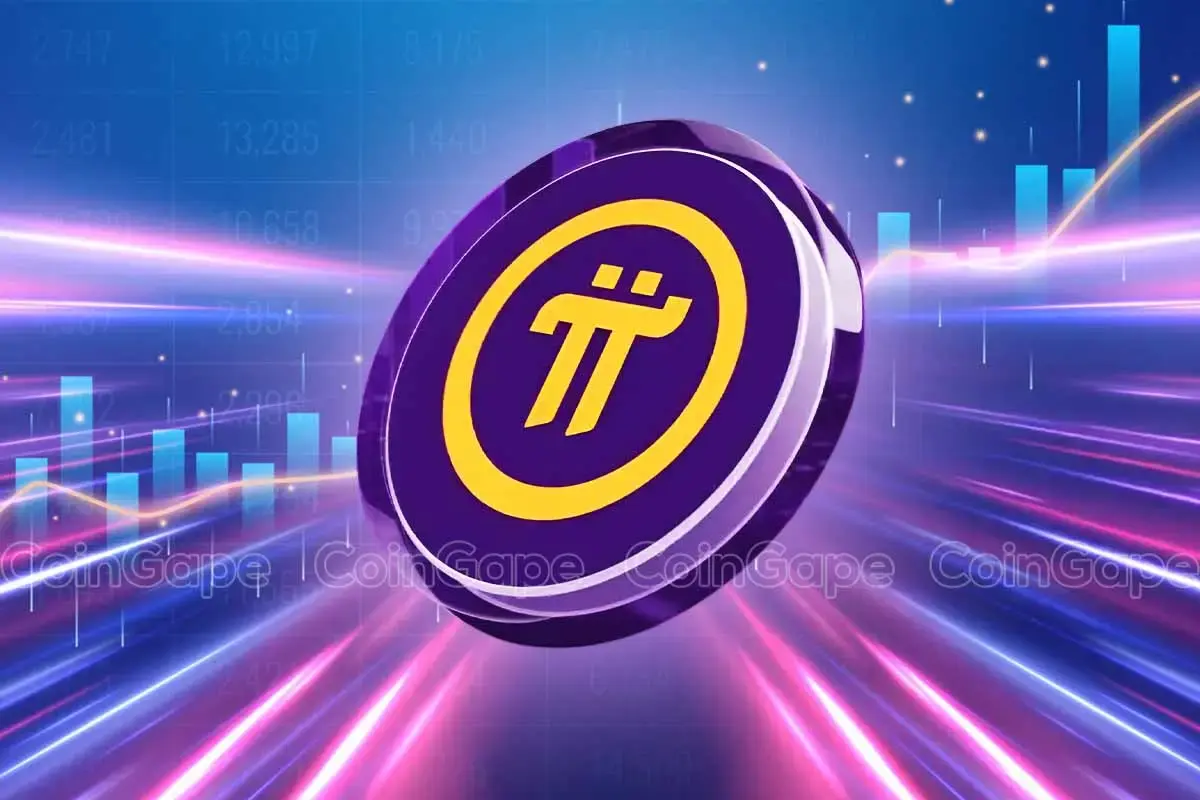
 Altcoin18 hours ago
Altcoin18 hours agoBinance Sidelines Pi Network Again In Vote To List Initiative, Here’s All
-

 Market15 hours ago
Market15 hours agoXRP Price Under Pressure—New Lows Signal More Trouble Ahead
-

 Altcoin15 hours ago
Altcoin15 hours agoAnalyst Forecasts 250% Dogecoin Price Rally If This Level Holds
-

 Market14 hours ago
Market14 hours agoCardano (ADA) Downtrend Deepens—Is a Rebound Possible?
-

 Market6 hours ago
Market6 hours agoBitcoin’s Future After Trump Tariffs




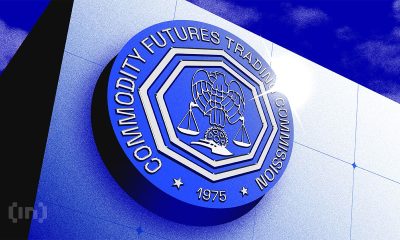





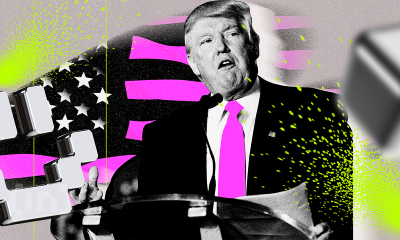














✓ Share: